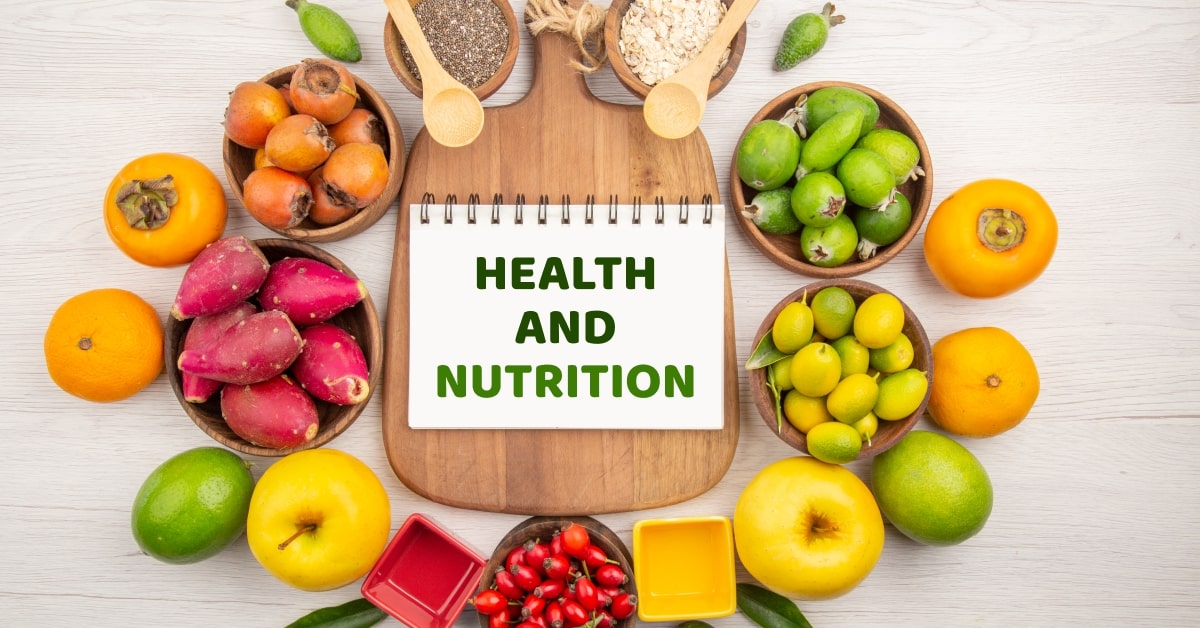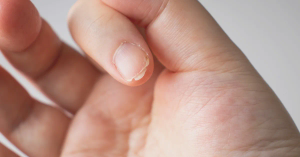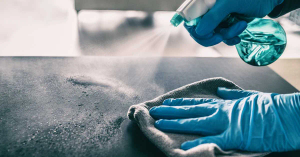Bringing a baby into the world is a life-changing experience, but amidst sleepless nights, diaper changes, and feeding schedules, new mothers often neglect their own health and especially their dental health. However, postpartum oral care is just as crucial as physical and emotional recovery.
After pregnancy, a mother’s body undergoes significant hormonal shifts that can weaken teeth, inflame gums, and increase cavity risk. Combined with stress, sleep deprivation, and dietary changes, these factors create the perfect storm for dental problems like gum disease, enamel erosion, and tooth sensitivity. But here’s the good news: with simple, time-efficient strategies, moms can maintain a healthy, radiant smile without compromising baby care.
Real-Life Scenario: A Mother’s Wake-Up Call to Dental Health
Riya, a 32-year-old first-time mother, was so consumed with her baby’s needs that she skipped her regular dental check-ups and often forgot to brush her teeth at night. A few months postpartum, she noticed severe gum swelling, constant bad breath, and painful tooth sensitivity.
After finally visiting the dentist, she was diagnosed with advanced postpartum gingivitis and early-stage enamel erosion—both caused by hormonal changes and poor oral hygiene. Her dentist warned that if untreated, it could lead to irreversible gum disease and tooth loss.
This was a wake-up call for Riya. She realized that caring for her baby also meant caring for herself. By implementing small, manageable oral hygiene habits, she was able to restore her oral health and regain confidence in her postpartum smile.
The Impact of Hormonal Changes on Postpartum Dental Health
Hormonal fluctuations during and after pregnancy play a significant role in a mother’s oral health. The changes in estrogen, progesterone, and oxytocin can affect gum tissue, saliva production, and overall dental strength.
1. Postpartum Gum Sensitivity (Gingivitis Risk)
• Estrogen and progesterone levels fluctuate, making gums more prone to inflammation and bacterial infections.
• This can lead to postpartum gingivitis, which causes red, swollen, and bleeding gums.
2. Dry Mouth (Xerostomia) and Increased Cavities
• Oxytocin, the hormone responsible for breastfeeding and maternal bonding, can reduce salivary flow, leading to dry mouth.
• A dry mouth creates the perfect environment for bacteria to thrive, increasing the risk of cavities and bad breath.
3. Tooth Sensitivity Due to Calcium Loss
• Pregnancy depletes calcium stores, which can weaken enamel and increase tooth sensitivity postpartum.
• If calcium intake is insufficient, mothers may experience brittle teeth and higher susceptibility to decay.
4. Jaw Pain and Teeth Grinding from Stress
• The stress and sleep deprivation that come with a newborn can lead to teeth grinding (bruxism) and jaw pain (TMJ disorder).
• This can result in tooth wear, headaches, and even cracked teeth over time.
Common Postpartum Dental Issues
Ignoring postpartum oral health can lead to serious long-term dental problems. Here are the most common dental issues new mothers face:
1. Postpartum Gingivitis and Periodontitis
• Caused by hormonal shifts and plaque buildup, postpartum gingivitis can progress into periodontitis (severe gum infection).
• Untreated gum disease can cause tooth loss and has been linked to an increased risk of heart disease.
2. Enamel Erosion from Acid Reflux and Morning Sickness
• Stomach acids from pregnancy-related acid reflux or vomiting can erode enamel, making teeth weaker and more sensitive postpartum.
3. Increased Risk of Cavities
• Frequent snacking, sugar cravings, and lack of oral hygiene contribute to postpartum cavities.
• If left untreated, cavities can lead to painful infections and the need for dental extractions.
4. Dry Mouth and Bad Breath
• Hormonal changes and dehydration from breastfeeding can cause dry mouth, leading to chronic bad breath and higher bacterial growth.
5. TMJ Pain and Jaw Clenching
• Stress and lack of sleep can cause jaw tension, headaches, and teeth grinding, leading to TMJ disorder.
Why Dental Health Matters After Having a Baby?
Postpartum dental care is not just about maintaining a beautiful smile—it is vital for overall health and well-being.
• Prevents long-term dental issues: Neglecting oral health can lead to gum disease, tooth loss, and even heart complications.
• Protects your baby’s health: Bacteria from an unhealthy mouth can be transferred to the baby through kisses, shared utensils, or breastfeeding.
• Boosts confidence and mental well-being: A healthy, bright smile can improve a mother’s self-esteem and emotional health during the challenging postpartum period.
• Saves money on future dental treatments: Preventative care reduces the need for expensive and painful dental procedures later.
How to Take Care of Your Teeth as a Busy Mom?
New mothers have limited time for self-care, but these simple time-efficient tips can help maintain postpartum dental health.
1. Brush Smarter, Not Harder
• Use a soft-bristled toothbrush and fluoride toothpaste to protect sensitive gums.
• If too exhausted at night, keep a travel toothbrush near the bed for quick brushing.
2. Prioritize Quick Oral Hygiene
• If flossing daily seems impossible, use floss picks or water flossers for convenience.
• Swish with an alcohol-free mouthwash to kill bacteria when brushing isn’t an option.
3. Stay Hydrated to Prevent Dry Mouth
• Drink at least 8 glasses of water daily to keep saliva production high.
• Chew sugar-free gum or xylitol mints to stimulate saliva flow.
4. Make Smarter Food Choices
• Snack on calcium-rich foods like yogurt, cheese, and leafy greens to strengthen teeth.
• Reduce sugary drinks and acidic foods that can weaken enamel.
5. Schedule a Postpartum Dental Check-Up
• Visit the dentist within 6 months postpartum to catch and prevent oral health issues.
• Ask about fluoride treatments or dental cleanings for extra protection.
Conclusion: A Healthy Smile for a Healthy Motherhood
Postpartum dental health is not just about aesthetics, it plays a crucial role in a mother’s overall well-being. Hormonal changes, stress, and lifestyle adjustments can put new mothers at risk for gum disease, cavities, and tooth sensitivity.
By implementing quick, effective oral care habits, even the busiest moms can protect their smile, boost confidence, and maintain long-term health. A healthy mother means a healthy baby, and a postpartum smile is worth caring for.
So, amidst the beautiful chaos of motherhood, don’t forget to smile and take care of it too!








